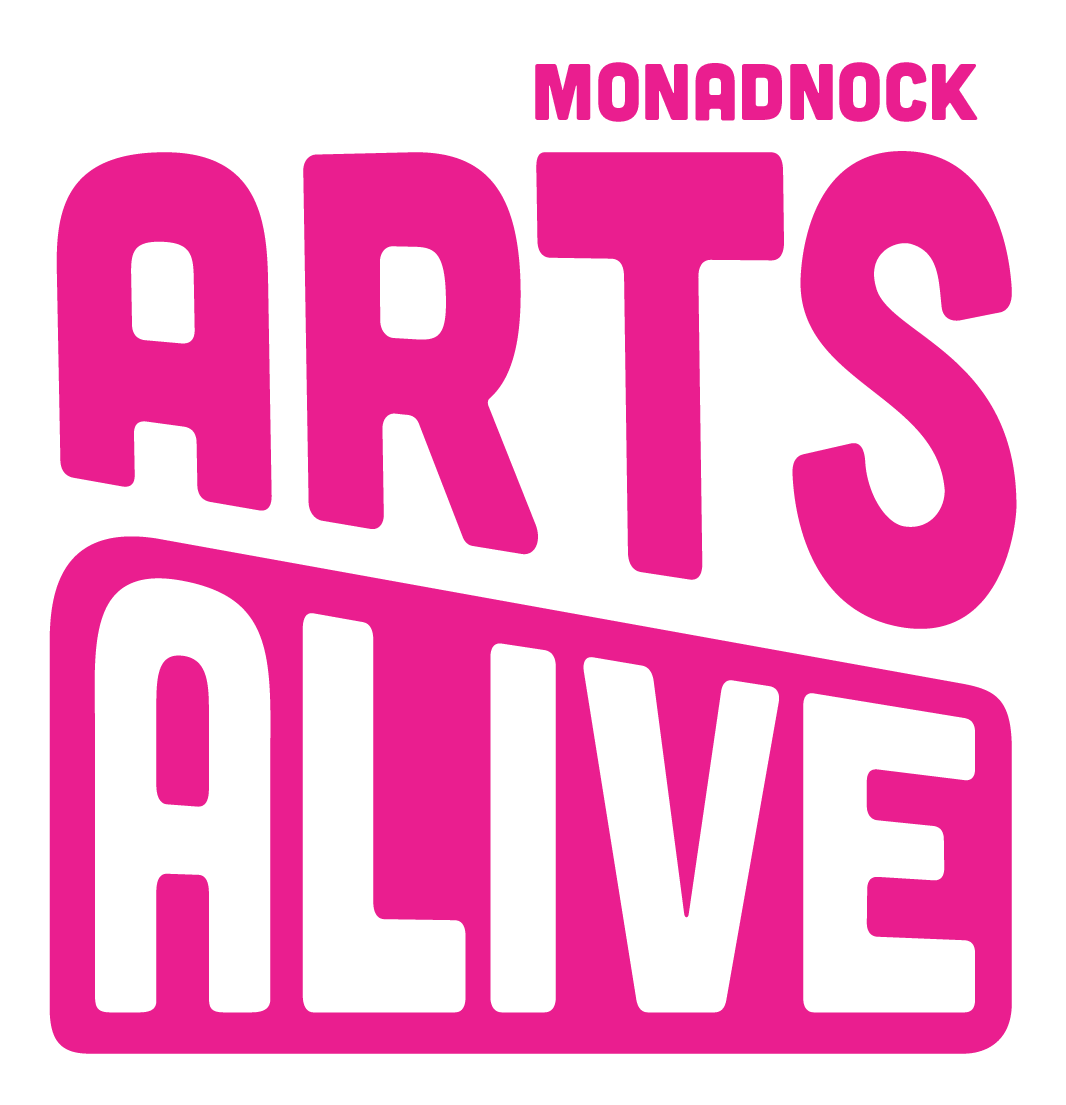Becky Karush is a seasoned writer whose nearly 20 years of experience includes freelancing copywriting for several clients and magazines, and working for a weekly newspaper. For four of those years, she taught the Gateless Writing method, developed to give writers of all skill levels a community to read their work and listen to the work of others in a completely non-judgmental, open space. Over time, and boosted during the pandemic, Becky dedicated more of her time to hosting Gateless Writing drop-in salons open to everyone at Nova Arts Block in Keene (every Tuesday) and started a business, Read to Me, based on this method. She offers 20-plus salons each month (including free online salons), twice-weekly work-in-progress sessions and weekly coworking/revision one-on-one sessions, monthly online writing retreats, and a semi-weekly podcast (also called Read to Me) that includes readings and author interviews.
We spoke with Becky about how she empowers people through writing and makes writing accessible to all:
Who developed Gateless Writing?
Her name is Suzanne Kingsbury; she’s based in Brattleboro. (The method) is more than a decade old.
How did she develop it?
It involves neuroscience; what’s happening in the brain when someone is writing and being creative. (Kingsbury) studied Zen Buddhism to understand the theology around creativity. She discovered neuroscience and theology pointed to a similar place. When an artist is deeply involved with their work, they are in a state of flow. Certain things happen when people think they won’t be criticized. People are at the top of their game because they don’t operate from a place of defense.
Why did this method speak to you?
Fear is what keeps people from writing. People have a terrible experience with an authority figure and their art, and they are wounded. Just the distant suggestion they approach that wound is overwhelming. With writing in particular, the relationship has been one of chore and performance. You have to do it in a particular way or you are demoted in one way or another. But writing is something we have to do all the time, even if we are texting.
Writer, speaker and brand advisor Terri Trespicio said that writing has been co-opted by the academy. By that she means the artform has been tied to this idea of exclusivity - only certain people have the skill or deserve this art of writing and that training, background and income are a prerequisite.
I have felt excluded from literary culture a lot of my life. The reason I reach out is partly working out my own wounds. I feel the calling to open doors to writing to as many people as I can reach. To welcome them into this place where people can have a sovereign relationship with their art, their spirit, and their stories. I believe everyone has the capacity to write. Story is just who we are.
How does Gateless Writing work?
There is a set of rules for how to write in a group. A salon opens with some kind of meditation, a prompt is offered and people are given 25 minutes to write. People read aloud what they wrote, and others listen and respond with what they loved or what was great, without making suggestions or critiques. Listeners tune in to what gets them excited - the powerful ways words or rhythms or images or tone emerge the writing.
Then the writer learns to understand their own voice and what it is when they get a big response. That’s the magical part—writers are not only reading their work but listening to other people with this really precise and generous attention and being able to name and put words to why something is great, or made them feel cold, or made it so they couldn’t listen to anything else that was happening.
The ability to listen is what distinguishes people who have a writing dream. It’s what connects you to your talent and a source beyond yourself.
On Becky’s podcast, you can listen to examples of “Gateless Writing” inspired responses to pieces of famous and not so famous literature. Listen to the episode about an excerpt from Farm Girl by Megan Baxter.
What is the affirmation you receive as a facilitator when writers connect to Gateless Writing?
People are deeply moved, and profoundly grateful to be heard in that way with an open heart and whole brain. It’s really potent. I’ve seen the transformation when someone feels powerful on the page. They become a different person; their faces and voices change. It’s a good thing that makes them feel more fully connected to themselves and their humanity.
Thank you Becky, for bringing us to the art of writing in such a generous way!


